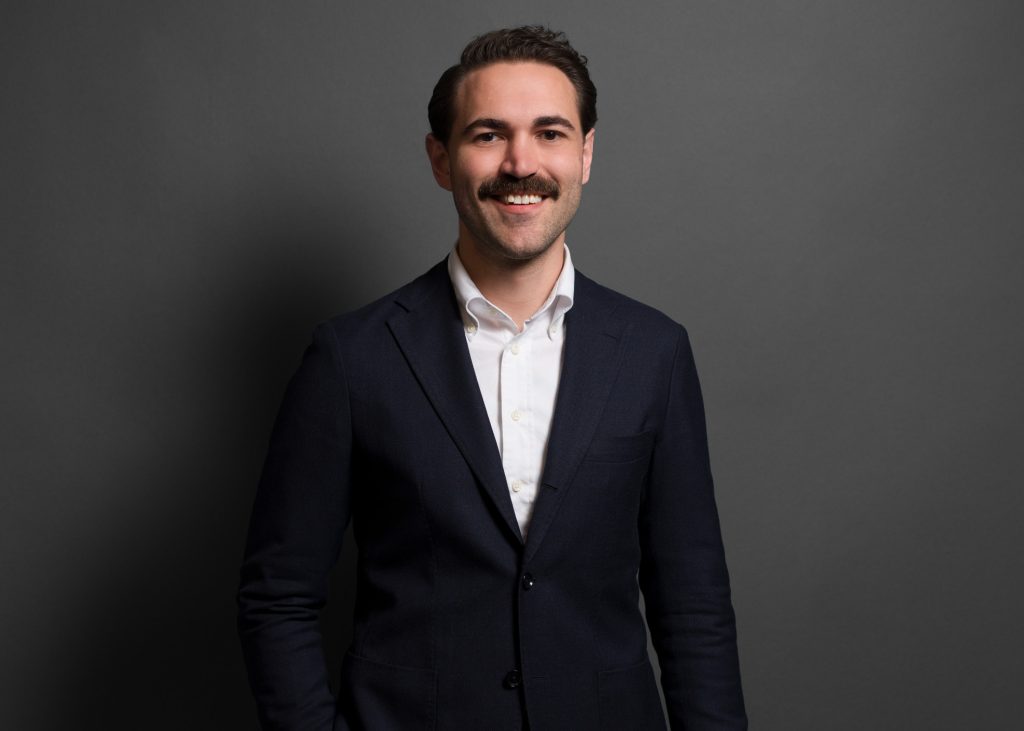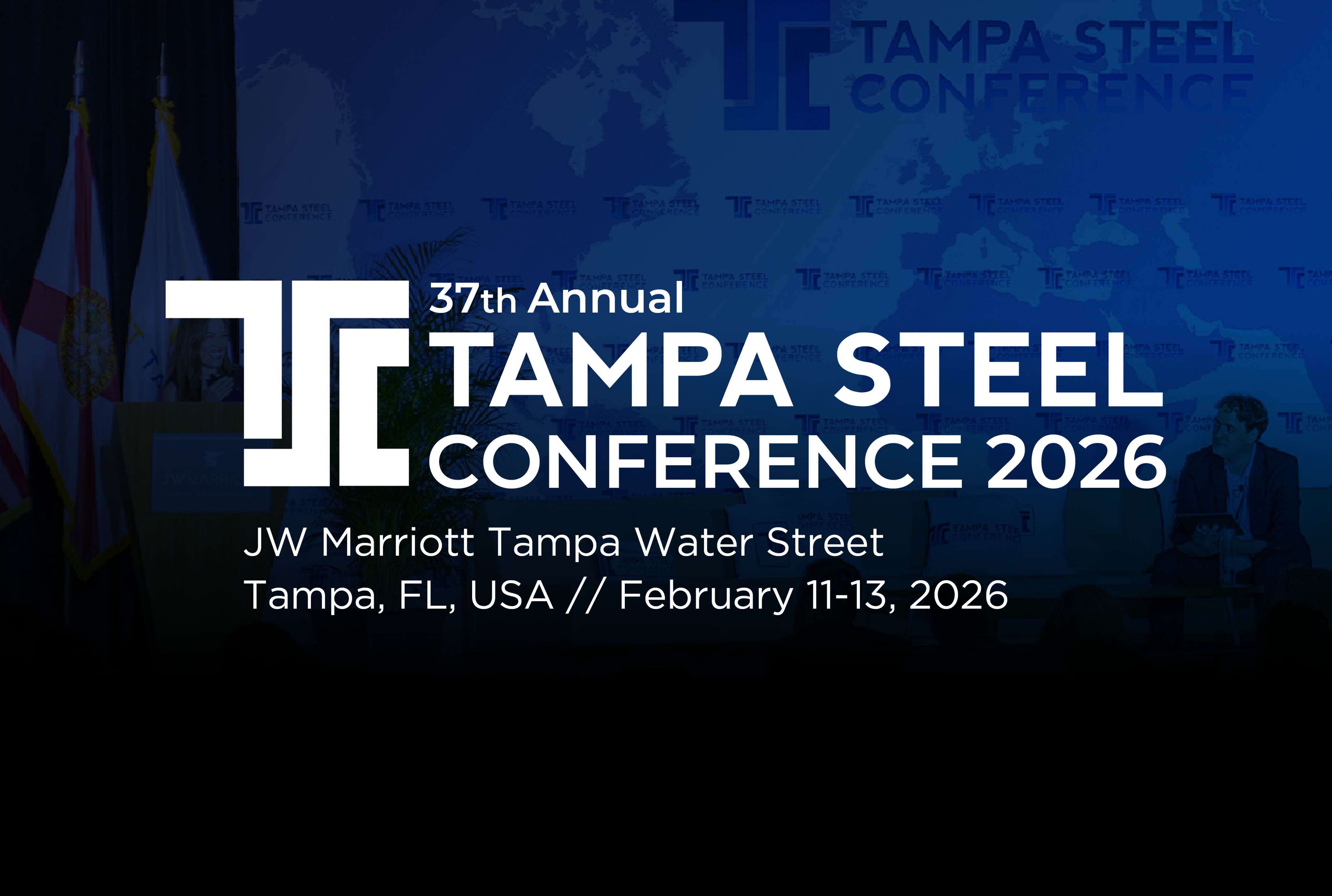Community Events

October 2, 2023
SMU Spotlight: NexGen Award Winner Daniel Doderer
Written by Becca Moczygemba
The 2023 NexGen Award winner Daniel Doderer may not consider himself a veteran of the steel industry yet, but he’s eager to make his mark.
Steel Market Update sat down with the award-winning economist from Flack Global Metals (FGM) to hear about what excites him and how the industry can evolve.
Below is a lightly edited version of the interview.
Steel Market Update: How does it feel to win the NexGen award?
Daniel Doderer: It’s really exciting. It’s been awesome to see the outreach that has come from it. You have someone who certainly is not a veteran industry player, but someone who has been watching the market for a while now and learning a lot about it. It’s nice to feel like people are interested in my perspective and what I have to say.

SMU: How did you get started in the industry?
DD: It was certainly by chance. I was working on my undergraduate degree at the time and searching for an internship. At that time, Flack was looking for an economic research analyst to start helping on the weekly report that we produce and it just kind of came together well. I didn’t know there was such a robust steel industry in the US. It was fascinating to kind of have my eyes opened to how meaningful and dynamic it is.
SMU: What do you do in your position at Flack Global Metals?
DD: I have a hybrid position. A lot of what I do is both internal and external facing. We write weekly research reports, which we send to our customers. Then we have a larger research report that dives into the relationships between global and domestic steel, the economy, and other base metals. Outside of that I support our hedging operation by running different scenarios, and work closely with the leadership team about strategic decisions on the physical side.
SMU: FGM says its business is where the physical meets the financial. What does that mean exactly?
DD: We’re trying to mitigate risk and take reasonable risks to earn a profit. So day-to-day that’s hedging physical material, other times it’s making speculative financial or physical decisions. We have all options available and that’s where we feel like we bring the most value. We’re not hamstrung if the physical market is extraordinarily tight and steel isn’t available, and vice-versa.
SMU: How do other companies benefit from what you do?
DD: We want to publish our research. We want to get our research out there and make sure that the market is as informed as possible. Also, we think that we’ve proven that embedding risk management into every aspect of your business through financial futures, and prudent risk-taking on the physical side, really builds more of a sustainable model that is less susceptible to unforeseen events.
SMU: What’s your favorite part of your job?
DD: Finding the application of economics in an industry where there are consequences. It really matters what the numbers say and what the impact is going to be. That’s been really rewarding for me. When you make a forecast, you’re either right or you’re wrong. The ability to make adjustments when you’re wrong, is an ever challenging and exciting part of the work. It’s intellectually extraordinarily stimulating.
SMU: Now that you’re winning awards, what’s next for you?
DD: I think what I’m really excited about is the fact that we’re growing our research department and that we’re investing in it. We have some really sharp minds looking at this industry and I’m excited to be part of that team.
SMU: As part of the NexGen demographic, what are your hopes for the future?
DD: I definitely want to see the group continue to expand. We’re trying to get the next generation of leaders. I’ve observed that there’s a group that has been working in the industry for an extraordinarily long time. It seems like there’s a gap for people to step up into. My ambition for the industry is to see people like myself, people who didn’t know that there was a steel industry, and spread the word. I think reshoring brings a lot of opportunities for people who want to see American manufacturing grow. I think there’s a lot of opportunity! The more eyes we have in this industry, the better the ideas and opportunities are going to be. Diverse perspectives are vital for the evolution of the industry.






